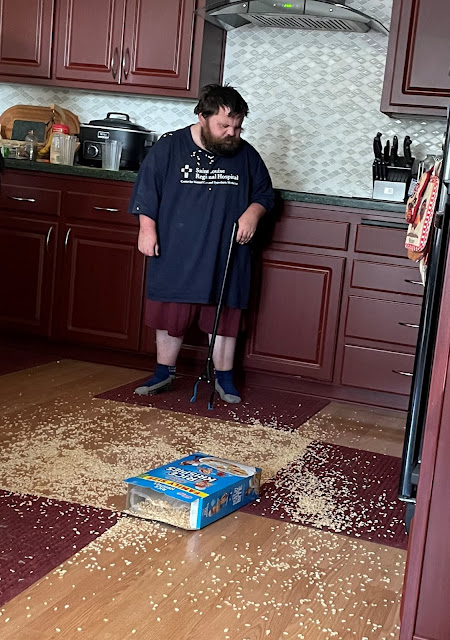Cancer Diary: The Hospice Promise and the Hospice Dilemma

Choosing hospice is choosing to die. That may sound like a stark statement, but it is, in my experience, a true one. Now, when confronted with cancer, one can choose to live at home, not receive treatment, and not be in hospice--at least, for most of the course of the disease. That is what my sister-in-law did. She chose to die naturally and not fight nature, in part because she had no insurance (and did not want to rack up major debt for her husband or jeopardize their life savings and house) and in as much part due to her religious beliefs. She did go on hospice during the last six weeks of her life; she needed medical attention, and the hospital, to which she was ambulanced, moved her to in-patient hospice as a compromise. She was placed in a very nice New Hampshire hospice, Hyder Family Hospice House , known simply as Hyder House. Not all hospices are this attentive, gentle with the family, well-appointed in interior ambience and amenities, or surrounded by such beautifu...







